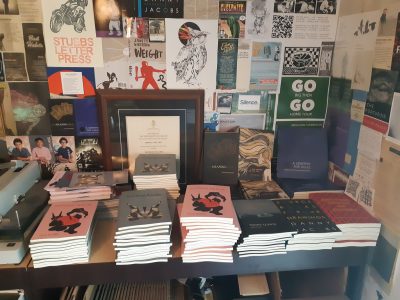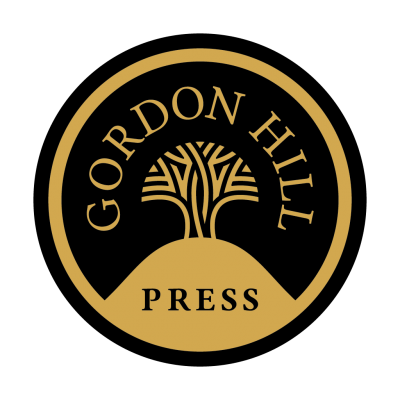
Founders and ContributorsShane Neilson, Editor, is a writer from New Brunswick. He holds an MFA in Creative Writing from the University of Guelph at Guelph-Humber, an MA in English from the University of Guelph, and a PhD in English and Cultural Studies at McMaster. He has extensive editorial experience in Canadian Literature, serving as the editor of Frog Hollow Press, a Victoria-based chapbook press for almost twenty years and counting; a prose editor at Anstruther Press, a Toronto-based chapbook press; an associate editor at Hamilton Arts & Letters, a mighty online magazine based out of Hamilton. In addition, Shane has worked with several Canadian presses to ready manuscripts for publication. Shane has edited many of the poets and poetry critics at the forefront of Canadian literature and has a wealth of experience that he brings to bear with both poetry and nonfiction manuscripts.Jeremy Luke Hill, Publisher, was born in Guelph, Ontario. He completed both a BA and an MA in English Literature at the University of Guelph, and he’s been working in the city’s literary scene ever since. He founded Vocamus Writers Community, a non-profit organization that promotes book culture in the Guelph area. He also founded Vocamus Press, a local-centric micro-publisher that specializes in Guelph literature. Founding Gordon Hill Press as a national trade publisher is his next step in building literary capacity in the area.Tell us a bit about your press.Gordon Hill Press is a publisher of poetry and stylistically innovative fiction, non-fiction, and literary criticism. We strive to publish exemplary writing by a diversity of writers, particularly writers living with invisible disability.We were founded by Shane Neilson and Jeremy Luke Hill, who initially set out to purchase an existing small press. When that didn’t come to fruition, they decided to take all the preparations they’d already made and start a new venture, which became Gordon Hill Press.
What about small press publishing is particularly exciting to you right now?Because we’re so new, just existing and figuring our way through the industry is pretty exciting all on its own. It’s also been exciting to see so many of our early titles get such positive critical attention, with multiple titles winning and being nominated for national provincial awards.
How does your press work to engage with your immediate literary community?We’re the only nationally distributed literary press in Guelph’s history, so we do see part of our role being to connect the local area to the larger community of Canadian letters, whether that be by holding local readings and events, or by searching out local talent, like Mike Chaulk and Kim Davids Mandar.
Tell us about three of your publications. What makes them special, needed, and/or unique?Our very first title, Roxanna Bennett’s unmeaningable, was an important book for us, not only because it was our first, but because Roxanna’s work embodies our mandate so closely. She is a disabled writer who writes about disability issues, but she is also just a tremendous poet, which is why her book has had so much critical success.
Kim Davids Mandar’s In|Appropriate: interview with Canadian authors on the writing of difference was an important title as well, because it was the first time that we really engaged with the broader Canadian literary community on one of the issues that faces it today.
A. F. Moritz’s The Garden: a poem and an essay was another important title, in that it really embodies the kind of hybrid approaches that we like to publish, but at the same time addressing key questions about the role of poetry in contributing to social change.
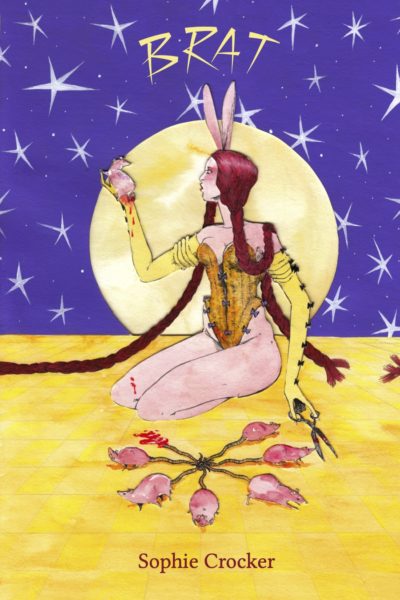
Sophie Crockers' brat is an anthology of forest creatures, lost girls, and tiny precious moments. In this collection of poetry, smallness begets uprising, rats signify life rather than death, and bunnies are slutty woodland sprites. brat makes smallness into power, resilience, and survival. In these poems, to be a brat is to be a scamp, an upstart, an agent of mischief: to cause trouble; to riot; to right wrongs; to enact change because it is right, regardless of a corrupt legal system. If brathood is the irreverent claiming of ownership over all good things, then this collection is the quintessential brat.
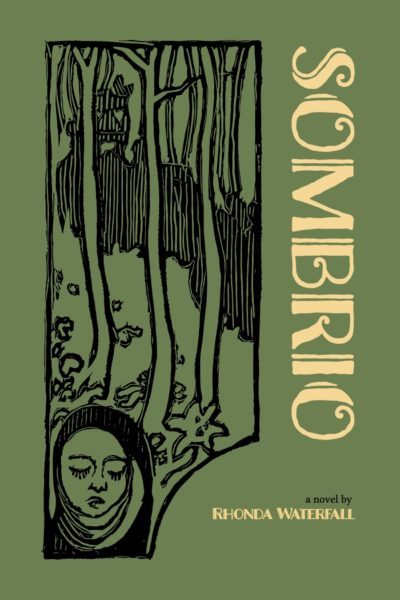
Vulnerable and hallucinatory, Rhonda Waterfall's Sombrio is an alarming and vivid West Coast novel. Set in the rain forest on the outer coast of Vancouver Island, it takes us into the dark heart of lost childhoods. Three men, an artist, his apprentice, and an ex-bank robber turned poet seek refuge in an abandoned squatters shack. As windstorm descends upon the men, their thin hold on reality begins to unravel and fray. Each man must grapple with his past and with his desire for fame or infamy along with what their disastrous choices have wrought for their children. This is a tale of madness, art, love, addiction, and paternal responsibility. And how men lauded as geniuses crush their daughters.
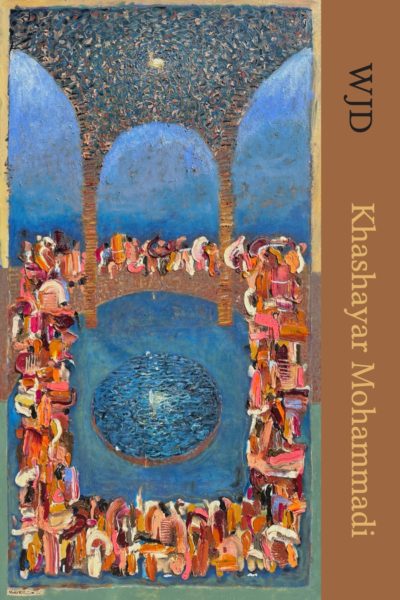
Khashayar Mohammodi's WJD is an irreverent phenomenology of West-Asia, where Islamicate consciousness is driven in and out of a plethora of conflicting ideologies and has left an impression deep enough to be read across the centuries. It also includes The OceanDweller, a translation of Saeed Tavanaee Marvi's experimental tale of the power of poetry dipped in marine biology and shades of astronomy. The two volumes are printed together, one beginning from each side, with its own cover, making a unique and beautiful book.
